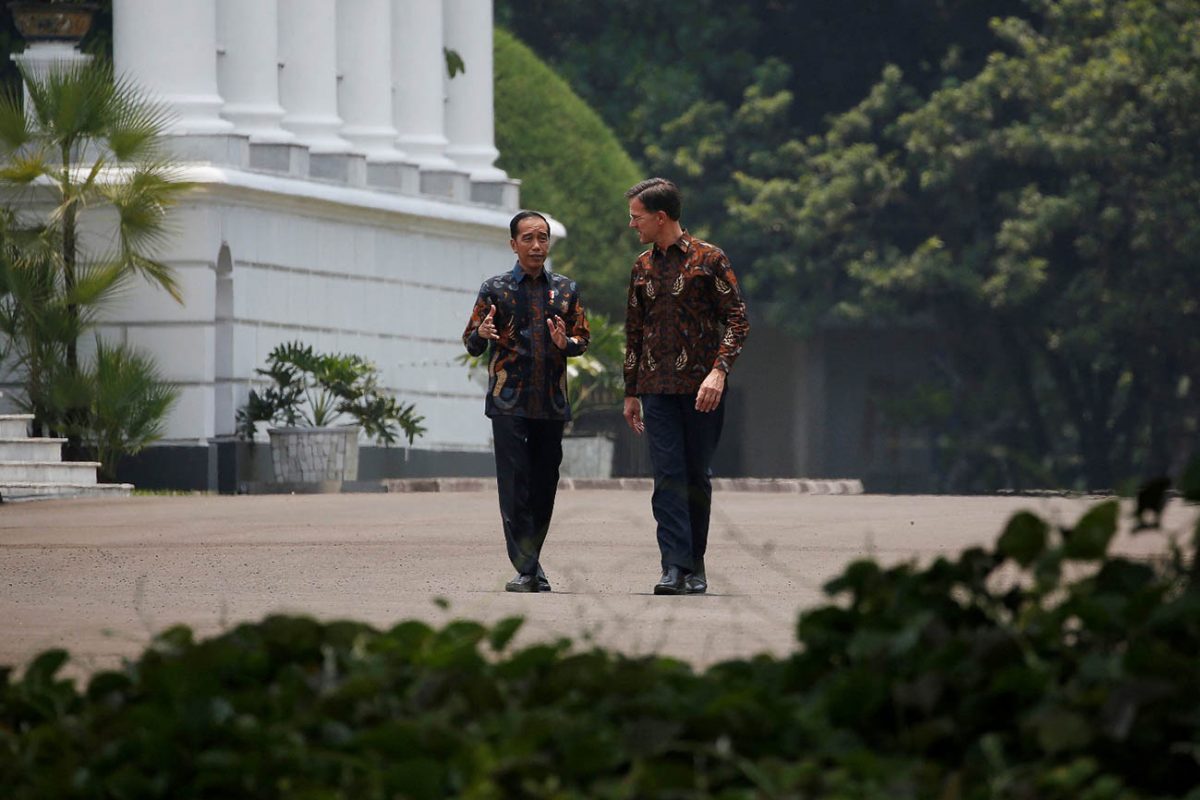AMSTERDAM, (Reuters) – The Nether-lands’ Prime Minister Mark Rutte yesterday offered a full apology to Indonesia after a historical review found the Dutch had used “excessive violence” in a vain attempt to regain control of their former colony after World War Two.
Rutte was addressing the study’s findings, which said the Dutch military had engaged in systematic, excessive and unethical violence during Indone-sia’s 1945-1949 struggle for independence, and this had been condoned by the Dutch government and society at the time.
“We have to accept the shameful facts,” Rutte said at a news conference after the findings were published.
“I make my deep apologies to the people of Indonesia today on behalf of the Dutch government.”
The findings of the review, funded by the Dutch government in 2017 and conducted by academics and experts from both countries, were presented on Thursday in Amster-dam.
Violence by the Dutch military, including acts such as torture that would now be considered war crimes, was “frequent and widespread,” said historian Ben Schoenmaker of the Netherlands’ Institute for Military History, one of more than two dozen academics who participated in the study.
“The politicians responsible turned a blind eye to this violence, just as the military, civil and legal authorities: they aided it, they concealed it, and they punished it barely or not at all,” he said.
Around 100,000 Indonesians died as a direct result of the war, and although perceptions of the conflict have been changing in the Netherlands, the Dutch government had never fully examined or acknowledged the scope of its responsibility.
In 1969 the Dutch government concluded its forces had, on the whole, behaved correctly during the conflict, but it conceded in 2005 that it had been “on the wrong side of history”.
In March 2020, during a visit to Indonesia, King Willem-Alexander made a surprise apology for Dutch violence.
The government subsequently offered 5000 euros ($5,600) compensation to children of Indonesians who had been executed during the conflict after a 2013 settlement with widows of one infamous massacre, at Ragawede village in 1947.
Rutte repeated on Thursday that the Dutch offer to settle compensation claims remains open.
The study found the government sent soldiers on an impossible mission they had not been properly trained for. Some then engaged in acts of torture, extrajudicial killings and disproportionate use of weapons.
Both Rutte and academics involved in the study declined to address whether the Dutch may be responsible for war crimes in the conflict.
“That’s a matter for public prosecutors” Rutte said. “The report was indeed not written from a legal perspective but a historical one — but in any case things happened there that we here today condemn to the utmost.”
The study noted that Dutch government and military had the support of an approving society and uncritical media — all rooted in a “colonial mentality”.
“It is evident that at every level, the Dutch unquestioningly applied different standards to … colonial ‘subjects’,” a summary of the findings said.
Though the study focused on Dutch actions, it noted that Indonesian forces also used “intense” violence, and killed around 6,000 people in the opening phase of the conflict, targeting Eurasians, Moluccans, and other minority groups.










